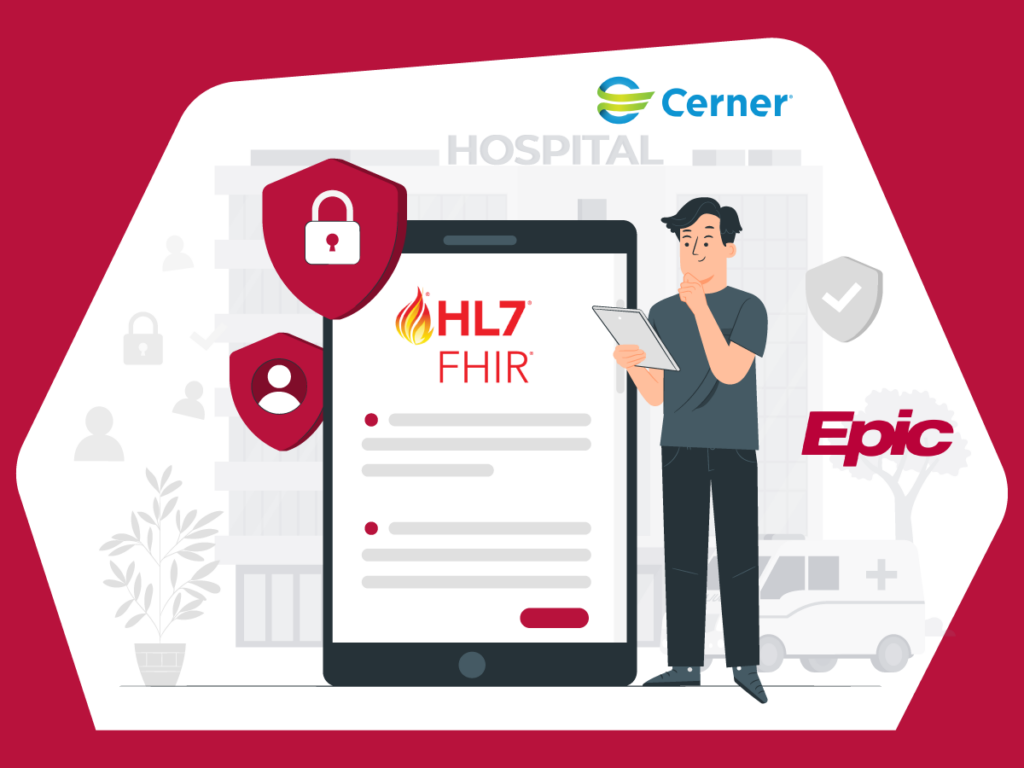
The 2024 Draft Federal FHIR® Action Plan and HHS Health IT Alignment Policy: A New Era for Digital Health
The recent release of the 2024 Draft Federal FHIR® Action Plan and the HHS Health IT Alignment Policy marks a significant milestone in the advancement of digital health. These initiatives aim to accelerate the adoption of FHIR, a standardized framework for exchanging healthcare data, and promote greater interoperability and innovation within the healthcare ecosystem.
The 2024 Draft Federal FHIR® Action Plan
This comprehensive plan outlines the federal government’s strategy for promoting the adoption of FHIR across various healthcare sectors. It includes specific goals, timelines, and resources to support the implementation of FHIR-based solutions.
The HHS Health IT Alignment Policy
This policy establishes a framework for aligning federal health IT initiatives and investments. It emphasizes the importance of data interoperability, patient engagement, and innovation in driving better health outcomes.
The Impact on Digital Health
Both the FHIR Action Plan and the Health IT Alignment Policy have significant implications for digital health. By promoting FHIR adoption and fostering a more interconnected healthcare ecosystem, these initiatives can:
Improve data interoperability: FHIR provides a common language for healthcare data, enabling seamless exchange between different systems and providers. This can lead to better care coordination, reduced medical errors, and improved patient outcomes.
Accelerate innovation: FHIR’s open standards and APIs encourage innovation in the digital health space. Developers can create new applications and tools that leverage the power of FHIR to address specific healthcare needs.
Empower patients: FHIR enables patients to access and share their own health data, giving them greater control over their healthcare journey.
Reduce costs: By improving efficiency and reducing administrative burdens, FHIR can help to lower healthcare costs.
Challenges and Opportunities
While the FHIR Action Plan and Health IT Alignment Policy offer significant promise, there are also challenges to be addressed. These include:
Technical complexity: Implementing FHIR can be complex, requiring technical expertise and investment in new technology.
Organizational barriers: Organizations may face resistance to change or lack the resources to adopt FHIR-based solutions.
Data privacy and security concerns: Ensuring the confidentiality and security of healthcare data is a critical concern.
The Role of Itirra
Itirra, a Washington state-based health tech lab, is well-positioned to help organizations navigate the complexities of FHIR adoption and realize its benefits. With over 10 years of experience designing and developing bespoke HL7 and FHIR apps for EHR integration, Itirra has a deep understanding of the challenges and opportunities presented by the FHIR mandate.
Itirra’s Expertise
Itirra’s expertise in Epic and Cerner systems allows them to create tailored solutions that seamlessly integrate with existing healthcare infrastructure. Their team of skilled developers can help organizations leverage FHIR to improve data interoperability, enhance patient care, and drive innovation.
A Brighter Future for Digital Health
The 2024 Draft Federal FHIR® Action Plan and the HHS Health IT Alignment Policy represent a significant step forward in the advancement of digital health. By addressing the challenges and seizing the opportunities presented by these initiatives, we can create a more interconnected, patient-centered, and efficient healthcare system. Itirra is committed to playing a leading role in this transformation.
Contact Itirra today to learn more!

